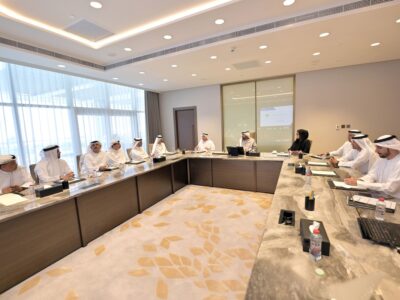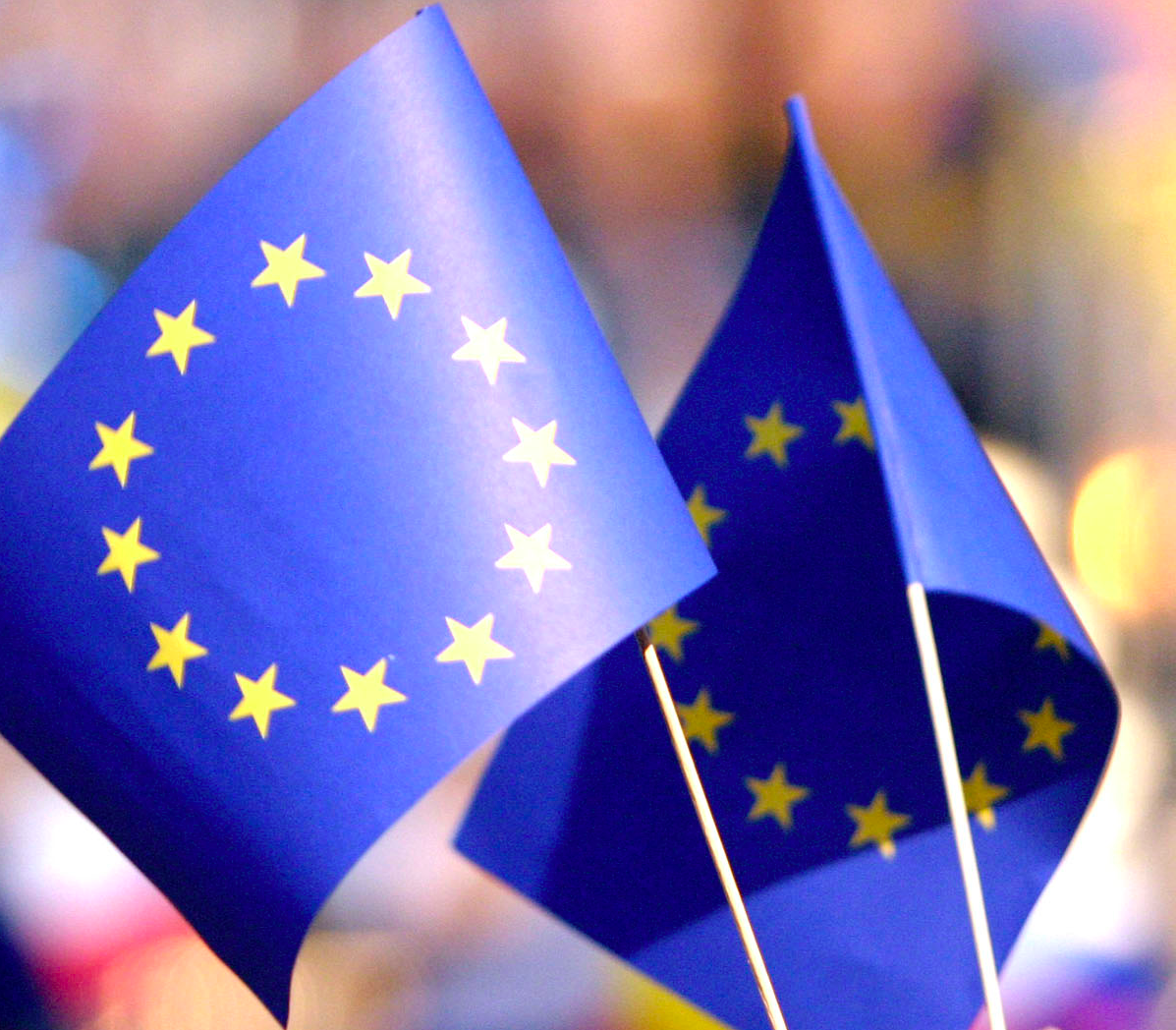The European Union threatened to impose tariffs against Saudi Arabia and Oman on a material used in plastic bottles, saying EU
producers may be victims of subsidies and price undercutting.
The EU opened probes into
whether Saudi and Omani makers of polyethylene
terephthalate get trade-distorting government aid and sell in the 3
billion-euro ($4.1bn) European market below cost, a practice known as dumping.
Users of polyethylene terephthalate, or PET, include
plastic-bottle mold manufacturers such as Resilux NV and bottlers like
Coca-Cola. PET is also used in plastic films and fibers.
The inquiries will
determine whether EU producers of PET have suffered “injury” as a result of any
unfair Saudi and Omani competition, the European
Commission, the 27-nation EU’s trade authority in Brussels, said today in the
Official Journal.
In 2010, the EU imposed
anti-subsidy tariffs on PET from Iran, Pakistan and the UAE for five years and
renewed PET anti-dumping levies against China until late 2015 to curb import
competition for European producers including Spain’s Novapet.
In 2007, the bloc re-imposed for five years anti-dumping duties
on PET from India, Indonesia, Malaysia, South Korea, Thailand and Taiwan as
well as separate anti-subsidy levies against India.
Under EU rules, the
commission can impose provisional anti- subsidy duties for four months and
provisional anti-dumping levies for six months. The EU’s national governments –
acting on a commission proposal – can turn those measures into “definitive”
five-year duties at the same or different rates.
The commission has nine
months from the start of an investigation to decide on provisional measures. EU
governments have 13 months from the beginning of a probe to impose five-year
anti-subsidy – or “countervailing” – duties and 15 months to impose definitive
anti-dumping measures.








